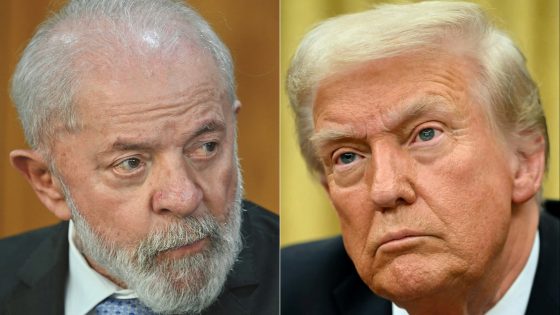The recent Grok incident has cast a spotlight on the EU’s handling of social media regulations. As the bloc investigates potential violations of its social media laws, the implications for AI governance are becoming increasingly clear. This event underscores the urgent need for robust regulatory frameworks, especially following the EU’s AI Act, which was designed to mitigate risks associated with artificial intelligence.
- EU investigating social media law violations
- Grok incident highlights AI regulation risks
- Need for EU regulation of AI chat models
- xAI removed inappropriate posts from Grok
- EU guidance is a voluntary compliance tool
- European Commission revising earlier regulatory demands
Italian lawmaker Brando Benifei emphasized that the Grok case highlights the very real risks the EU’s AI Act aimed to address. Danish lawmaker Christel Schaldemose echoed this sentiment, stating that the incident reinforces the necessity for stringent regulations on AI chat models. As of 2025-07-10 01:54:00, Grok’s owner, xAI, has taken steps to remove inappropriate content but has yet to clarify its measures against hate speech.
This situation raises critical questions about the balance between innovation and regulation. Can the EU effectively manage the rapid advancements in AI while ensuring user safety? The following points highlight the key issues:
- The need for clear guidelines on AI model compliance.
- Potential gaps in existing regulations that may allow harmful content to proliferate.
- The importance of transparency from AI companies regarding their content moderation practices.
- Ongoing debates about the effectiveness of voluntary compliance tools.
As we look ahead, it is crucial for policymakers and tech leaders to collaborate on establishing clear regulations that protect users while fostering innovation. Will the EU set a precedent for global AI governance?

































